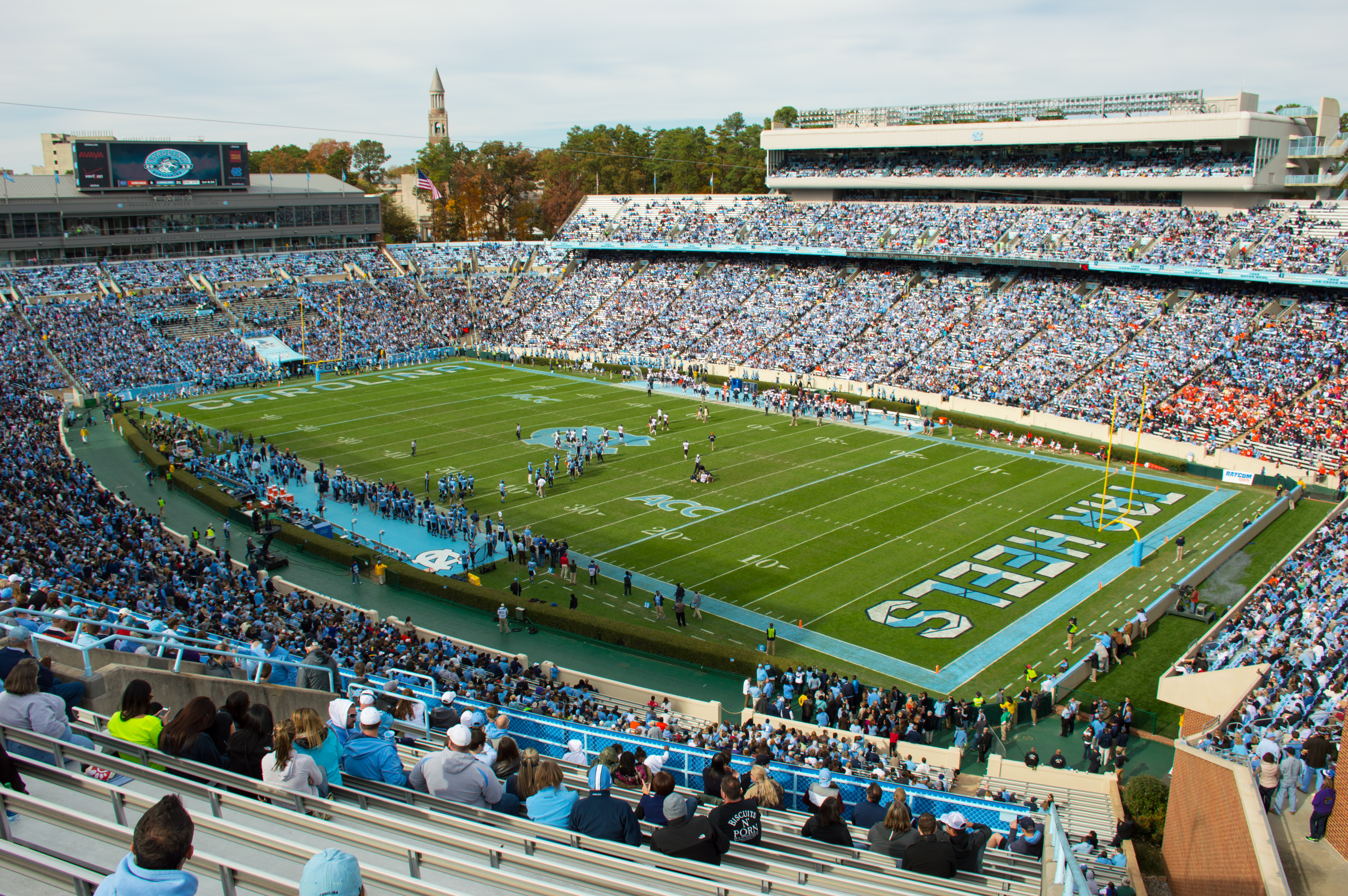The University of North Carolina at Chapel Hill is once again faced with the daunting challenge of preserving its reputation amidst academic scandal.
Independent investigator Kenneth Wainstein released a report last Wednesday compiled from a months-long investigation into the university’s Department of African and Afro American Studies (AFAM). It revealed a much more extensive level of academic fraud than had previously been suspected.
Wainstein’s surveys revealed that between 1993 and 2011, over 3,100 students enrolled in so-called “paper classes” listed as independent study courses that lacked any real academic substance. Students were given inflated grades for egregiously subpar assignments, some of which were plagiarized.
Nearly half of the students registered in these paper classes were student-athletes. These courses made it possible for athletes who were not competitive in the classroom to remain competitive in the field.
Implicated in this “shadow curriculum” were not only Julius Nyang’oro, the department chair of AFAM who had previously been the scapegoat of accusations in the past, but also his assistant Debbie Crowder and a number of academic advisers, counselors and football coaches.
The Wainstein report illustrates a corrupt culture of unofficial expectations for student-athletes within the AFAM department and the Academic Support Program for Student-Athletes (ASPSA). Coaches aware of the “shadow curriculum” would recommend struggling student-athletes for the bogus classes.
Though Nyang’oro initially instructed independent study courses with real standards, he was called an “ass” by counselors for being too tough on student-athletes, according to the report.
Though it appears that this scandal was isolated within the AFAM department, it has unfortunately had far-reaching effects on the school’s traditionally prestigious reputation, causing frustration and dismay among proud Tar Heels.
“Outside of the AFAM department, classes here are some of the most taxing and work-intensive classes available at the collegiate level,” said one student in a Facebook post. “Yes, there was an academic scandal…but don’t try to tell me the hard work I’ve put in both before and during my amazing tenure at this university is worthless.”
UNC basketball coach Roy Williams, who had been unaware of the shadow curriculum and did not push for his athletes to take paper classes, said Friday night that he would “always be sad about the image we have right now around the country,” according to the Associated Press.
Not only does the AFAM department’s failure to uphold academic standards undermine the honest work of the many other students, faculty members and administrators at UNC, but the culture of “easing up” also undermines student-athletes across the nation.
What kind of sportsmanship is instilled within athletes when they are told that they have to play by the rules on the field but not in the classroom?
How is a student-athlete’s quality of education affected when teachers turn a blind eye to plagiarism and rudimentary writing skills?
The challenges UNC faces right now call to mind past instances of athletic department-related scandal at the University of Miami, including falsified Pell Grant applications, excessive financial aid awards and the infamous 2011 scandal concerning improper funding by booster Nevin Shapiro.
Though these scandals largely concerned financial rather than academic affairs, UM’s reputation as a university was also heavily tarnished by the poor choices of a specific group of people.
While UNC lacked crucial oversight in this longstanding instance of academic fraud, this scandal hardly represents the culture at UNC, just as it would be unfair to characterize UM by unethical acts that most of the community took no part in. As UNC Chancellor Carol Folt said in a press conference last week, “Remember that our university’s 221-year history has never been defined by a single moment.”
At the same time, when individual departments and people within a university make questionable choices, they must remember that they are carrying upon their backs the reputation of an entire institution.
Jackie Yang is a freshman majoring in neuroscience.
Photo courtesy Google Images.







